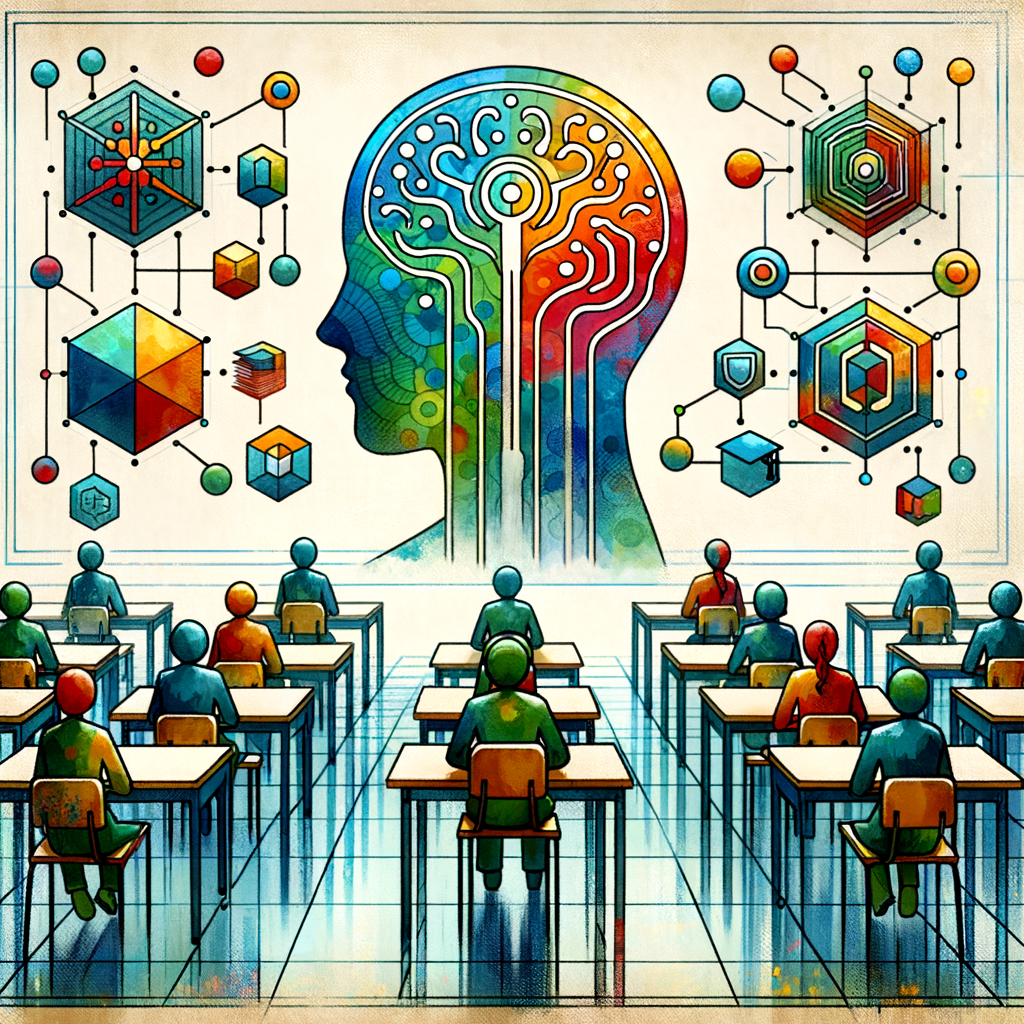Quantum Computing: A New Frontier in Understanding Human Cognition
In a groundbreaking study from South Korea, scientists have succeeded in Harnessing Quantum Computing to delve into the intricacies of human cognition, potentially revolutionising our approach to learning and information application across various fields.
Quantum Computing and Cognitive Research
Quantum computers, often hailed as the next frontier in technological advancement, are poised to transform our understanding of the universe. Among the leaders in this innovative field are tech giants like Google and IBM, focusing on developing gate-based quantum computers. These systems function similarly to modern digital circuits and are part of the broader quest for a universal quantum computer capable of handling any computation.
However, some, including the team behind this recent study, take a different approach by using a quantum annealing computer from D-Wave, a Canadian technology firm. Quantum annealing leverages quantum mechanics specifically for optimisation problems, offering a narrower focus compared to the broader capabilities expected from gate-based systems.
The Study’s Approach and Findings
The research team embarked on an ambitious project, analyzing the brainwaves of 100 students engaged in cognitive tasks. By comparing the brainwave patterns of students with varying test scores, the team aimed to uncover the neural underpinnings of cognitive abilities and their impact on academic performance.
Utilizing a D-Wave quantum annealing computer, the researchers applied sophisticated algorithms to dissect the data, leading to novel insights about the correlation between cognitive functions and testing outcomes. The study highlighted that the quantum annealing computer’s performance was on par with the best machine learning techniques available today.
Implications for Future Learning
The implications of this research are vast. By understanding which cognitive functions correlate with higher academic performance, there is potential to develop targeted learning strategies that enhance these specific brain functions. This could lead to the creation of educational programs that effectively “shortcut” the learning process, particularly in fields that demand rapid assimilation of new information.
For instance, the cognitive skills analyzed in the study are directly applicable to areas like cryptocurrency trading, where quick decision-making and information processing are crucial. Tailored educational programs that enhance these specific cognitive skills could significantly benefit professionals in the crypto space.
Moreover, the study suggests that different professions, such as architecture, might require distinct cognitive enhancements, indicating that the future of education could become highly personalized, depending on professional requirements.
Reimagining Education Through Quantum Insights
As quantum annealing and other quantum computing techniques continue to evolve, our understanding of the human brain’s cognitive processes will deepen. This could ultimately lead to a redefinition of educational goals and methods, aligning them more closely with the underlying cognitive functions that drive learning and performance.
The potential to enhance human intelligence through targeted quantum computing interventions opens up new avenues for educational advancement and professional competency, heralding a new era where education is not just about information dissemination but about optimizing the cognitive capacities of learners.
With continued research and development in quantum computing, particularly in understanding and enhancing human cognition, we stand on the brink of transforming not just how we learn, but how we think about learning and intelligence in the digital age.
For more insights into the intersection of technology and recruitment, explore our articles on Web3 recruitment and the future of work in the Web3 era.




